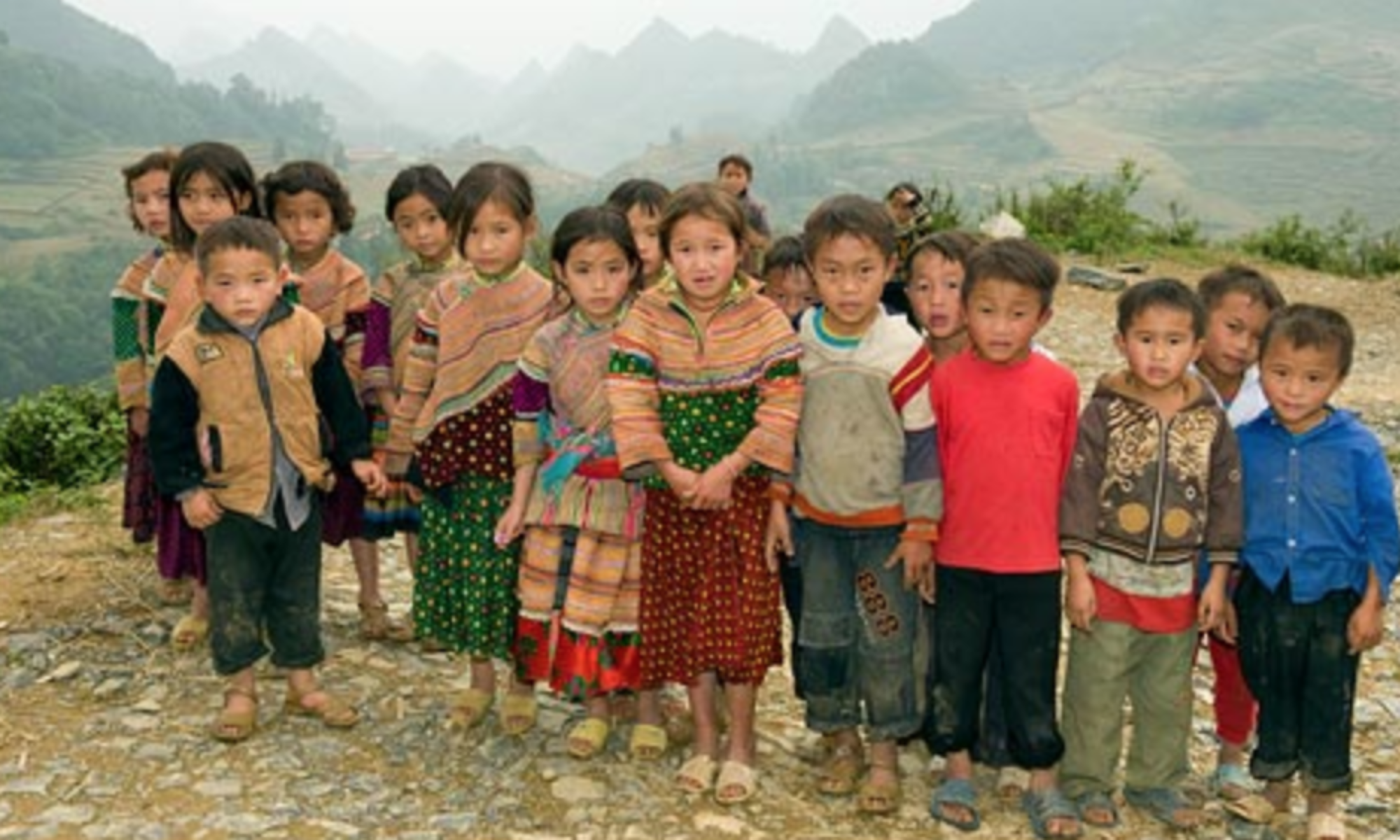

This conflicted optimism starkly contrasts the beliefs held by the staff of Merced’s local hospital, MCMC.

Txiv neebs are highly respected in the Hmong community, so although the Lees-who are highly protective and caring parents-mourn the loss of Lia’s soul, they are also pleased by the idea that she may one day become a healer. The Hmong regard quag dab peg in a complex way, for although the affliction involves evil spirits and “soul loss,” it also often marks somebody as physically capable of becoming a shamanistic healer, since healers-or txiv neebs-have seizures in order to commune with evil spirits, bargaining and fighting to regain the victim’s stolen soul. This, Fadiman explains, is a common belief in Hmong culture, a phenomenon referred to as quag dab peg, or “the spirit catches you and you fall down” (a dab is an evil spirit the Hmong believe there are many dab lurking and waiting to afflict unsuspecting humans by stealing their souls). Her father and mother believe this noise frightened Lia, causing her soul to retreat from her body. Although she is born healthy, Lia has a seizure when she is three months old after her older sister Yer loudly slams a door. The others, many of whom died in early childhood, Foua delivered herself while squatting over the dirt floor of her and Nao Kao’s home in Laos. Unlike Foua Lee’s thirteen other children, Lia is born in a hospital. Although the history and extraneous anecdotes she brings to light are too numerous to examine in detail here, it is important to know that Fadiman’s project is fueled not only by the specifics of Lia Lee’s story, but also by an anthropological curiosity regarding the complicated intersection of Hmong and American culture.


Though the text primarily focuses on the Lees, Fadiman speaks with many community members and Hmong experts in order to round out her portrayal of a rich and complex culture. Lia, who is epileptic, struggles in the American medical system, a drama that inspires Fadiman to consider the nature of American medicine while also providing a comprehensive ethnographic study of Hmong culture. In the 1980s, Lia is a young member of Merced, California’s Hmong population, a group of immigrants and refugees who had previously lived in the highlands of Laos. The Spirit Catches You And You Fall Down is a work of literary nonfiction that chronicles the life and medical troubles of a young girl named Lia Lee.


 0 kommentar(er)
0 kommentar(er)
